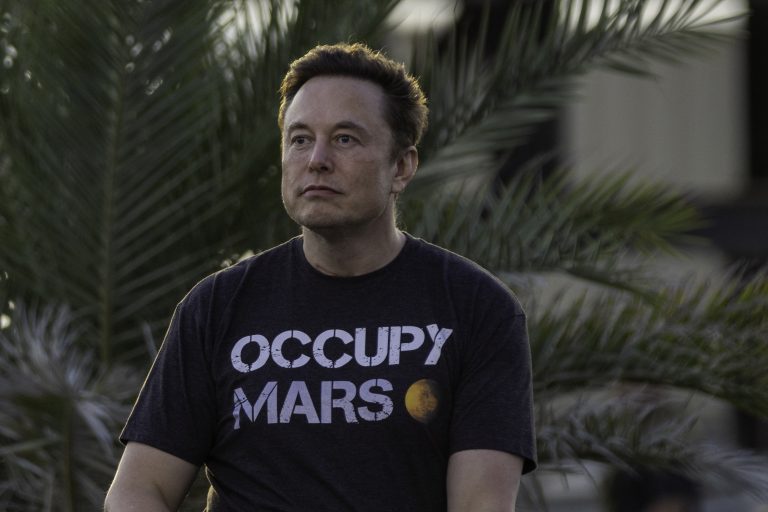“Patents are for the weak.” These were the words uttered by SpaceX CEO Elon Musk to Jay Leno during a tour around the SpaceX Starbase facility in Texas on Sept. 21.
In the midst of building new rockets for SpaceX’s spacecraft, Musk said that patents stand in the way of innovation by companies, hindering them instead of helping them. Musk’s comments are the latest in a long history of comments revealing the CEO’s disdain for patents.
Saying ‘no’ to patents
Appearing as a guest on Jay Leno’s CNBC show, “Jay Leno’s Garage”, Musk was visited by the former “Tonight Show” host on Wednesday, touring around SpaceX’s Starbase in Texas to witness the manufacturing of Musk’s Raptor engines.
These engines — built in California and tailor made for the company’s Starship spacecraft — will most likely be ready sometime between October and November. The spacecraft they are intended for will be equipped with two boosters and launcher ships to send it into orbit.
Musk told Leno that SpaceX makes one engine a day, adding that it would be “counterintuitive” for the rocket to be built using steel.
Success
You are now signed up for our newsletter
Success
Check your email to complete sign up
During the interview with Leno, Musk said that “patents are for the weak,” describing them as a “blocking technique” that stops companies from moving forward. He even compared them to landmines in warfare, telling Leno, “They’re used like landmines in warfare. They don’t actually help advance things; they just stop others from following you.”
“Most patents are B.S.,” Musk added.
READ MORE:
- SpaceX Falcon 9 Rocket Deploys 46 Starlink Satellites to Low-Earth Orbit
- First Roscosmos-NASA Cross Flight Launched From Baikonur
- Elon Musk Confident Tesla Will Release Self-Driving Technology By Year’s End
This statement is the most recent of Musk’s negative comments on patents.
In 2012, Musk was interviewed by Wired, saying that SpaceX has “essentially no patents.” He went on to call patents “farcical” because they would fall into the hands of China anyways.
“We have essentially no patents in SpaceX. Our primary long-term competition is in China,” Musk said in the interview. “If we published patents, it would be farcical, because the Chinese would just use them as a recipe book.”
In 2014, Musk’s other company, Tesla, opened up its patents for fair use. The CEO shared that a company’s reliance on patents is a “sign of weakness.”
“It means they’re not innovating,” he said. “They’re not innovating fast enough. You should be innovating so fast that you’re invalidating your prior patents.”
The comments came during a time when Musk believed that patent regimes obstructed innovation in America, and he hoped that other companies would abandon their patent protections.
Tesla initially did not want to use patents, but deemed them necessary should their primary competition come from other major automakers.
He also added that Tesla had the power “to attract and motivate the world’s most talented engineers,” instead of its patents.
“[Patents] serve merely to stifle progress, entrench the positions of giant corporations and enrich those in the legal profession, rather than the actual inventors,” Musk wrote at the time.
Tesla’s legal page on its website contains a pledge that it “will not initiate patent lawsuits against anyone who, in good faith, wants to use its technology.”
In a blog post, published the same year, Musk wrote, “Technology leadership is not defined by patents, which history has repeatedly shown to be small protection indeed against a determined competitor, but rather by the ability of a company to attract and motivate the world’s most talented engineers. We believe that applying the open source philosophy to our patents will strengthen rather than diminish Tesla’s position in this regard.”















